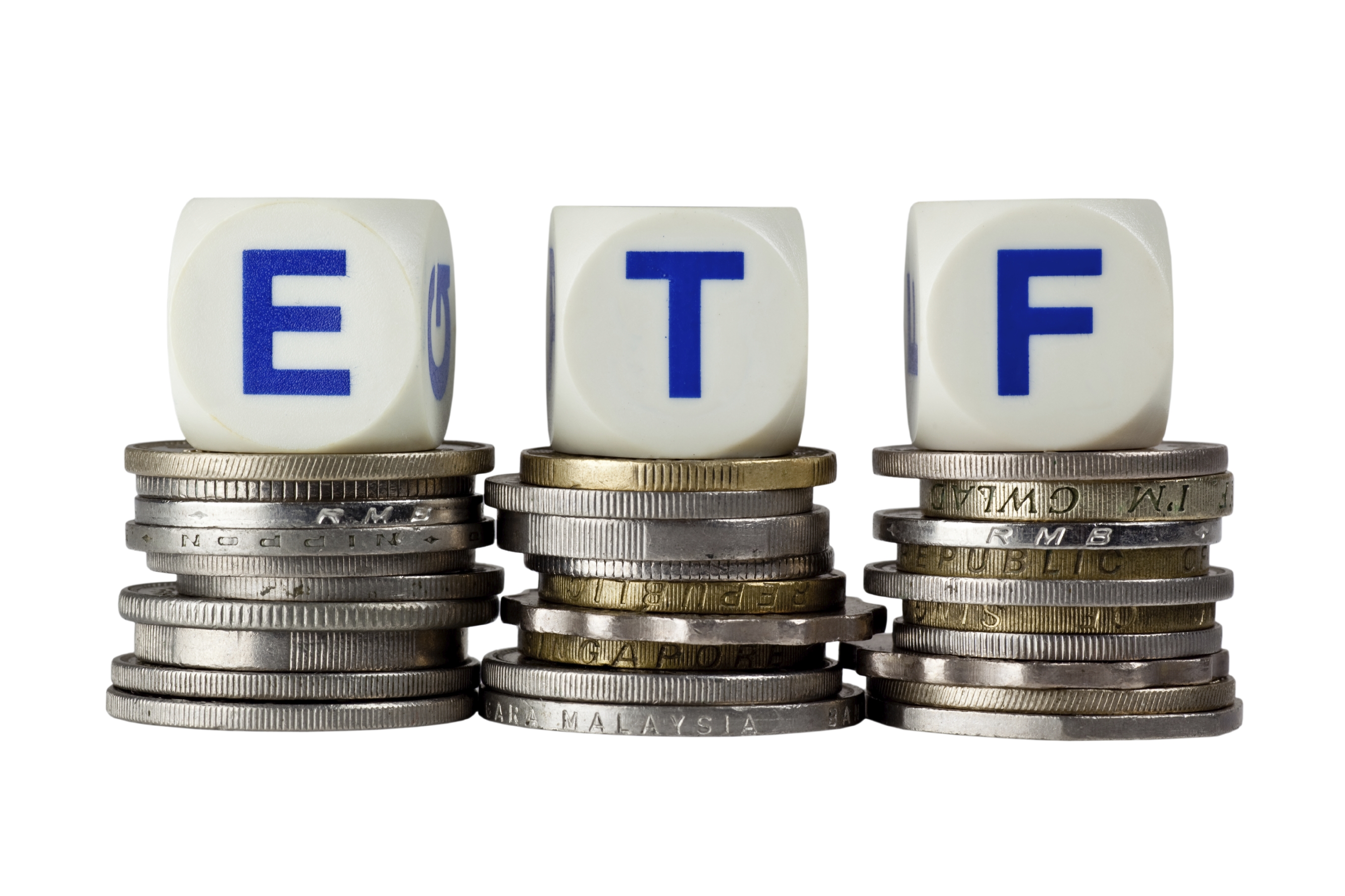MiFID II bodes well for ETFs, says Cerulli

MiFID II, the slew of EU market reforms due to take effect in January 2018, will boost Europe's exchange-traded funds (ETFs) markets, according to research house Cerulli.
Experts at the firm argue that a ban on commissions for independent financial advisors, which is due to be introduced by the regulation, is likely to encourage greater use of ETFs.
At present Cerulli claims fragmentation and the dominance of banks and tied-agents' networks in countries such as Italy, France, and Spain are preventing ETFs gaining further ground on the continent.
"In the US, low prices drew in investors and economies of scale, in turn, compressed fees further, attracting more investors, thereby establishing a virtuous circle,” said Barbara Wall, Europe managing director at Cerulli.
“One of the reasons Europe has not followed suit, is that operating on the continent involves dealing with different regulators in different languages and through various marketing strategies.
“In other words, inflows may be on the rise but distribution among more than 20 exchanges and sometimes in multiple exchanges inevitably entails more expenses.”
Cerulli also notes that doubts have been raised as to how liquid ETFs can be in Europe, given that most ETF trades are not reported.
"It's a valid point, but MiFID II will require ETFs to report their trades. This is expected to result in more transparency on trade volumes and pricing dynamics and to bring more trades on exchange, thereby improving liquidity," says Wall.
The improved transparency and liquidity from MiFID II could result in ETFs being use more frequently for securities lending and collateral purposes.
Around 5% of ETFs in Europe are used for lending compared with an estimated 25-30% in the US.
Cerulli's stats also show fixed income and commodity products are providing opportunities for ETFs.
"There could be growth potential for fixed income across the whole range: developed and emerging sovereign debt, as well as high-yield and high-quality corporate debt," Wall explains, adding that smart beta ETF products will gain in popularity among protection-seeking investors averse to paying over the odds.
Found this useful?
Take a complimentary trial of the FOW Marketing Intelligence Platform – the comprehensive source of news and analysis across the buy- and sell- side.
Gain access to:
- A single source of in-depth news, insight and analysis across Asset Management, Securities Finance, Custody, Fund Services and Derivatives
- Our interactive database, optimized to enable you to summarise data and build graphs outlining market activity
- Exclusive whitepapers, supplements and industry analysis curated and published by Futures & Options World
- Breaking news, daily and weekly alerts on the markets most relevant to you



